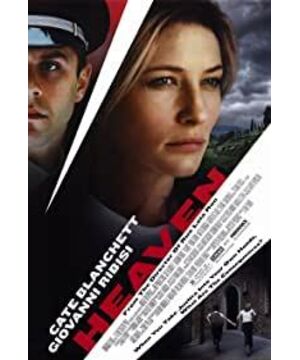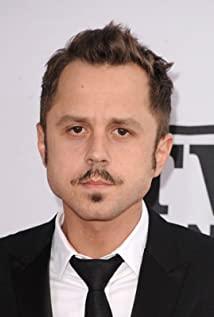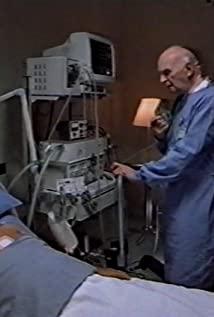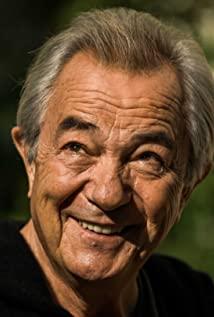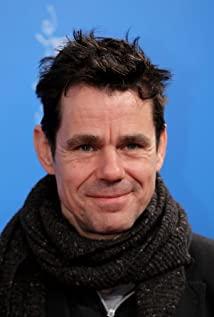The main protagonist of the story is a British female prisoner who is forced to exercise civil justice but accidentally ends four innocent lives, and the other is an Italian police officer who acts as an interpreter during the interrogation. After police officer Fillippo falls in love with Philippa, who is also his brother's English teacher, he assists Philippa in shooting the drug lord and escapes with him.
If I saw the synopsis or the poster first, I'd probably classify it as a pornographic or bad street cop movie, which I'm glad it wasn't. Undefended, I first witnessed the final part of the film: as the police with guns surrounded the peaceful small farm in the soft sunlight, two wanted men jumped into the police helicopter and flew out of the chaotic scene , leaving the panic-shot crowd, leaving the bright little village, and ascending into that little cloudless blue sky, flying higher and higher in silence. I thought it was going to explode in the air, but no, the silver-white plane just flew higher and higher, shrinking into a tiny point, until it merged into the small sky and disappeared.
This back reminds me of the legendary ending of Michael Jackson's Dangerous Tour world tour in Bucharest, Romania in 1992. On the stage, MJ put on a space suit, put on a mask, and put on an "oxygen tank" on his back. He dangled Weiya into the air and flew over the screaming crowd. The chase light captured his figure, and he crossed in the air. A corner, turned to the back of the stage, leaving the applause, shouting and excited crowd behind. There were countless excited fans fainting for him at this concert, which was called "the miracle in the history of television broadcasting," but he, in my opinion, was lonely. At the climax, he left the stage quickly and alone, without waving, without looking back, let alone an encore, just like the usual ending in cartoons: "ding" disappears into the vast night sky, We who left behind.
Before I started writing, I wanted to set the title as "Escape Attitude", but this kind of departure is obviously different from "Escape". Fleeing, most of them have a kind of resistance, but they just leave everything behind and turn away, this is called: abandonment. For example, Zhang Dai, who escaped and watched the last fireworks of his life by the West Lake, was just looking for an old dream. And Saint-Exupéry's Trek, with the tragic color of his pilot, plunges into the human land and embraces the ending without hesitation, which is a portrayal of rejection.
Abandon everything that he had fallen into, and abandon the tragic nature of "splitting" from the very beginning. The old film "Bonnie and Clyde", the ancestor of the new Hollywood, is embarrassing. Bonnie and Clyde die in a car hug at the end of this old-fashioned gangster classic, and the police pour bullets of anger and shame on both of them. The two first abandoned the so-called "morality", then abandoned family, and finally the whole world. The camera shoots people in the distance from the shot through the car window, and tragically reveals that the living people are still living in a world riddled with holes by themselves.
The film called "Heaven" also did not give the audience a beautiful paradise. It begins the story with school police officer Fillippo piloting a simulated helicopter. Fillippo, who was in a "high altitude" and suffered an "air crash", was told that the helicopter should not fly too high, so he asked: "How high can I fly?" The answer to this question appeared in the subtitle after the helicopter disappeared at the end: "HEAVEN "It might be some kind of beautiful hint, but it could also be a metaphor for a tragedy.
Abandonment, this gesture of leaving, for us, is so shocking that we can't stop looking at it from a distance, but we can't bear to admire it up close, let alone be here.
September 18
View more about Heaven reviews


